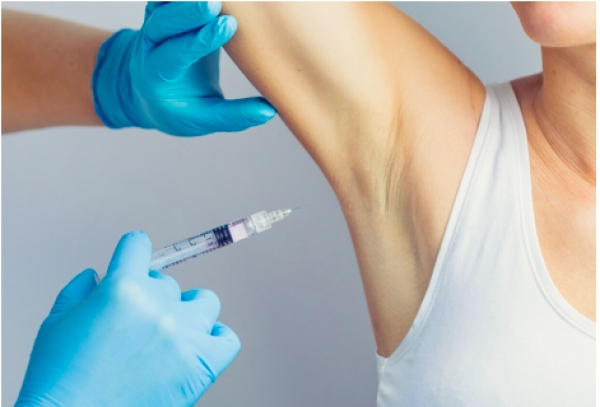
Implant complications are one of the most common risks associated with breast augmentation. After breast augmentation, infections and stretch marks may occur. Breast implants can become painful and hard over time. They may need to be removed or replaced. There are also risks that breast implants could change as people age or go through pregnancy and menopause. Mammograms may also be affected if you have breast implants, making detection of breast cancer more difficult.
Fat transfer for breast-augmentation
Be aware of the risks and benefits of fat transfer before you decide to have breast augmentation. Breast cancer is more likely to be caused by fat grafts in women who are at high risk. Fat grafts are known to cause breast cancer-prone cell growth. You should discuss the risks with your plastic surgery before you proceed with the procedure. Fat graft procedures are not always successful. Every surgical procedure has risks.

Implants that are not properly placed
Even though a malposition of an implant may not be the reason for unsatisfactory results, it could lead to revision surgery. If the implant is not properly positioned in the breast pocket, this is a common problem. The surgeon might place an implant higher than is necessary during the procedure. This will eventually lead to an upper bulge or nipple tilt.
Infections
While infections related to breast augmentation are quite common, the majority are rare. One in ten patients will get an infection. Symptoms of infection usually appear within the first two weeks following breast augmentation surgery. Redness, heat, or erythema may be signs of infection. These symptoms may be enough to prompt surgeons, even if the germs are not identified, to begin antibiotic therapy.
Stretch marks
One side effect of breast augmentation that is common is stretch marks. These are small tears in one's dermis which can cause discomfort or lower self-esteem. They can appear in any color you like, including red and purple. Stretch marks are common in women who have gained weight or become pregnant. They may also be more likely to develop them as a result of genetics. Here are some tips to help prevent stretch marks from developing after breast augmentation.
Rate of death from rupture
The rate of death following the rupture of breast implants is much higher than that of women overall. This is due to a higher suicide risk in breast implant-bearing women. Many researchers believe that breast implants may be linked to suicide risk. Researchers aren't sure why breast implant wearers have a higher suicide rate than women who didn't get breast implants.

Revision surgery
Breast augmentation revision surgery is not without risks. You should discuss any concerns with your surgeon before the procedure. Swelling of the breasts may occur after the procedure, but the skin will return to normal soon. The breasts might feel numb. It will usually disappear within a week to two weeks. Your breasts will appear symmetrical until the swelling subsides.